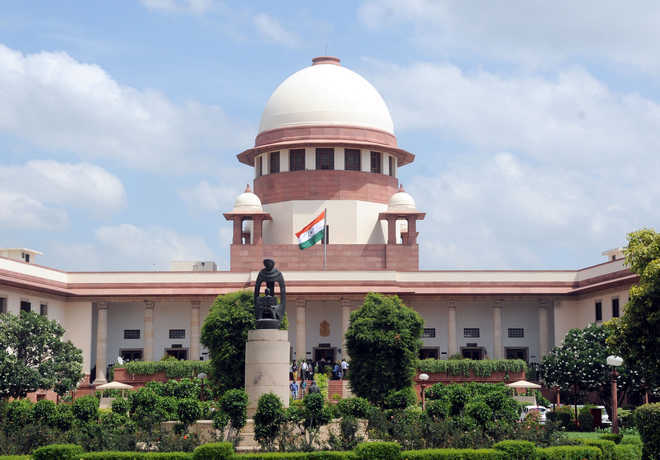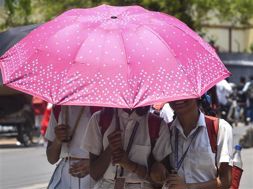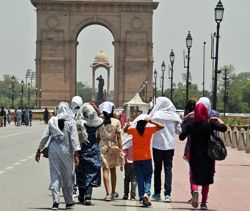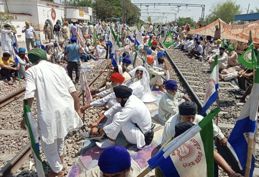
A rather curious development at the Supreme Court: A three-judge Bench headed by Chief Justice Dipak Misra overrules a two-judge Bench in a matter concerning the inordinate delay in finalising the Memorandum of Procedure (MoP) about appointments to the higher judiciary. Two weeks ago, on October 27, a Bench consisting of Justices AK Goel and UU Lalit found it fit to issue notice to the Union government, over the delay in putting in place a revised MoP, as ruled by the Supreme Court in its order of December 16, 2015, which left the task of amending the MoP to the Union government. Earlier, on October 16, 2015, the apex court had struck down the proposed National Judicial Appointments Commission as unconstitutional. The October 2015 ruling was widely hailed as a legitimate assertion by the judiciary of its institutional space.
Its December 2015 order carried with it a concession that perhaps the Collegium system needed some tweaking and that the judiciary was not entirely shutting the executive out of the judicial appointment process. The Modi government, on its part, appeared unwilling to concede to the judiciary the final say in how the business of appointment of judges was to be improved upon. Wise course would have been to engage with the judicial leadership; instead, it opted for the low road. It stalled and prevaricated. Vacancies piled up; appointments were held up. As many as seven high courts have “acting” Chief Justices. The AK Goel-UU Lalit Bench saw a “larger public interest” involved in the delay; the CJI-led Bench thought otherwise.
The obvious inference is of a sharply divided apex court, on the terms of its institutional coexistence with the executive. Like all politically stable and strong governments, the Modi regime is not averse to explore the possibilities of rolling back what is disapprovingly called “judicial overreach”. All political parties, given a chance, would want to interfere and, if possible, control the appointments to higher judiciary. Political classes chafe at any kind of judicial oversight, while paying lip service to an “independent judiciary”. A divided Supreme Court is not best equipped to defend the judiciary’s independence, in letter and spirit.



























